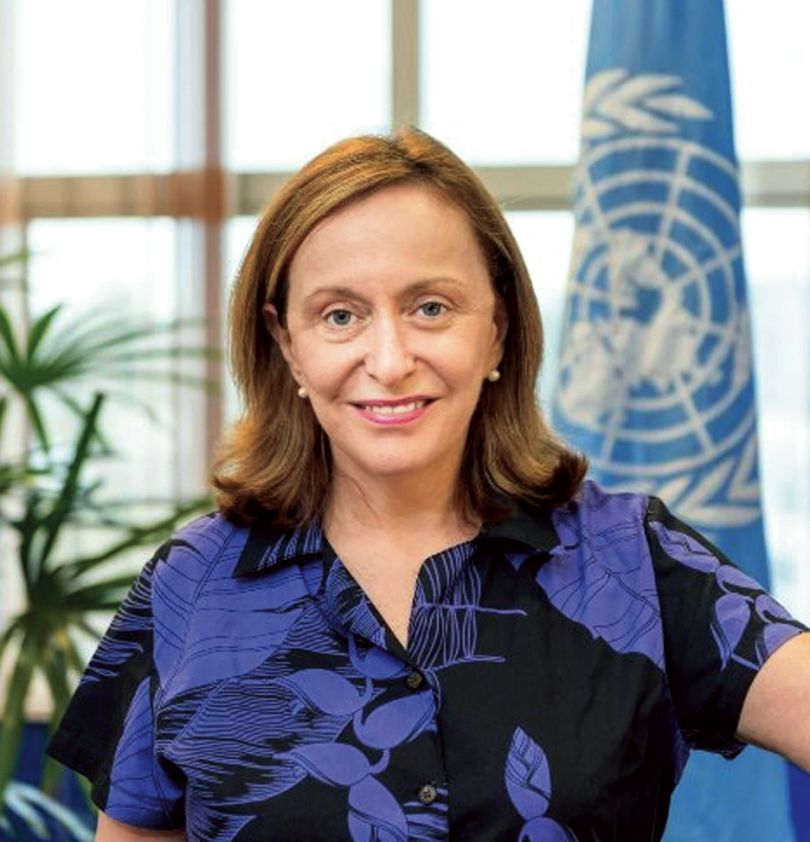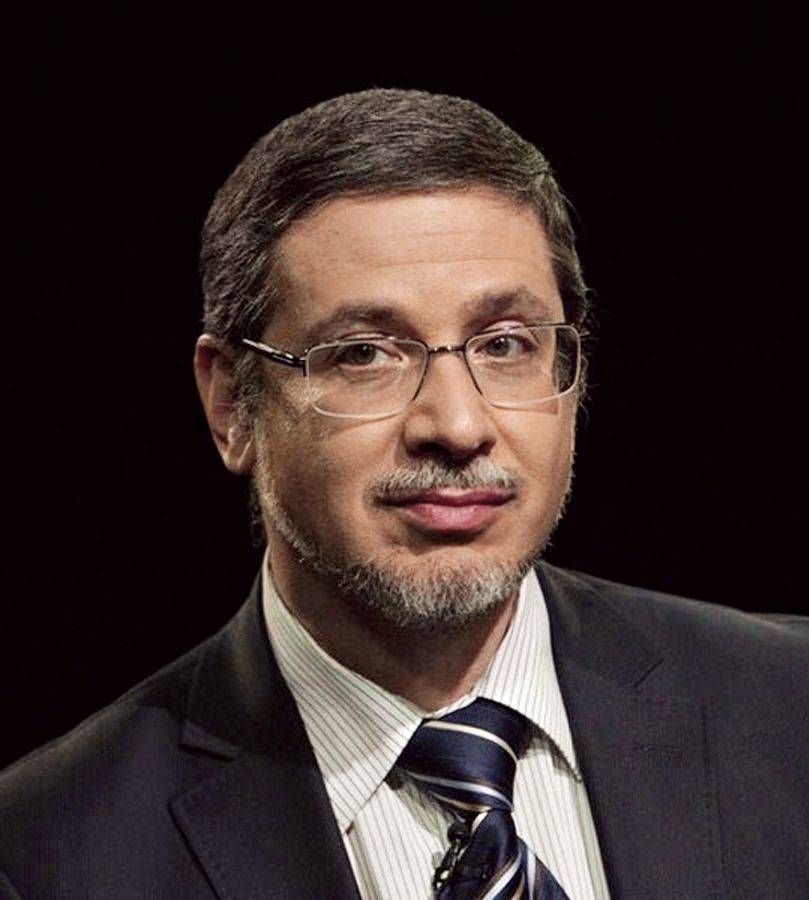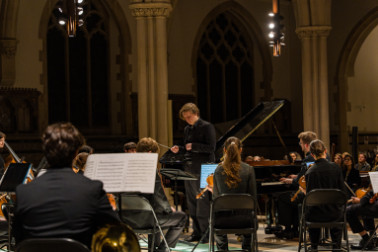Osnat Lubrani
UN Resident Coordinator in Ukraine
 The year 2019 will obviously bring new challenges and opportunities to Ukraine – and the United Nations, through its agencies and programmes working across a wide range of thematic areas and in all regions of Ukraine, will do its best to support reforms and positive trends, while at the same time making sure that no one is left behind. Especially with regard to innovation, citizen’s participation and engagement and bottom-up led initiatives we have seen a lot of momentum in recent years, and my expectation is that 2019 will be a tipping point in this context.
The year 2019 will obviously bring new challenges and opportunities to Ukraine – and the United Nations, through its agencies and programmes working across a wide range of thematic areas and in all regions of Ukraine, will do its best to support reforms and positive trends, while at the same time making sure that no one is left behind. Especially with regard to innovation, citizen’s participation and engagement and bottom-up led initiatives we have seen a lot of momentum in recent years, and my expectation is that 2019 will be a tipping point in this context.
Our work is guided by the Agenda 2030 and the Sustainable Development Goals, and that means that we support transformative changes towards a socially more inclusive, ecologically more sustainable, more peaceful and just state of affairs. But that not only means that governments have to adjust their policies and programmes, but also at the individual level, everyone can contribute something that makes a difference. And in Ukraine, more and more people take part in initiatives in this regard, without waiting for instructions or handouts from above.
In cities and rural communities alike, young and old people of all walks of life can in that sense be part of the United Nations family by learning about risks and opportunities and by starting to participate actively, be that through more conscious and sustainable consumption, more active participation in community initiatives, or as active change makers. And I am convinced that 2019 will be a breakthrough year in that regard in Ukraine. The UN alone cannot achieve much without the active commitment of citizens around the world, but in Ukraine I have already seen a great potential.
Valerii Pekar
co-founder of the Nova Kraina Civic Platform, a lecturer at the Kyiv-Mohyla Business School
 Francis Fukuyama in his book ”State-Building: Governance and World Order in the 21st Century” emphasised, that the primary goal of reforms in developing countries is the strengthening of state institutions. It is important that the change will be visible for the society, as all citizens want to reduce bureaucracy and spending on the state apparatus, improving the quality of public services, professionalism and responsibility.
Francis Fukuyama in his book ”State-Building: Governance and World Order in the 21st Century” emphasised, that the primary goal of reforms in developing countries is the strengthening of state institutions. It is important that the change will be visible for the society, as all citizens want to reduce bureaucracy and spending on the state apparatus, improving the quality of public services, professionalism and responsibility.
The described ideal is indeed still far away in part because of the enormous work that remains to be done, but also because of resistance generated by selfish interests or the fear of change, as with any cultural transformation. But this process has been started. The key issues will be to make sure the changes are irreversible and to keep the pace. There is now a certain critical phase, as the coming year brings presidential and parliamentary elections. To make a reform, as Francis Fukuyama uses to say, we need to create a wide coalition. The practical experience of Ukrainian reforms proves: when a reform becomes “fashionable”, it will be successful.
Oleksandra Koval
director of the Ukrainian Book Institute
_opt.jpeg) If the positive dynamics of cultural practices continue, in 2019 we will attend concerts 3 million times, see theatrical performances 6.5 million times, go to the movies 12 million times and check on museums as many as 17 million times! What a good job we did, we would say. Then we will take a calculator to find out how many times a year we enjoy the culture "offline". We will find out that a common Ukrainian attends one concert in 12 years, sees one theater play in six years, goes to the movies once in three years and roams a museum once in 2.5 years!
If the positive dynamics of cultural practices continue, in 2019 we will attend concerts 3 million times, see theatrical performances 6.5 million times, go to the movies 12 million times and check on museums as many as 17 million times! What a good job we did, we would say. Then we will take a calculator to find out how many times a year we enjoy the culture "offline". We will find out that a common Ukrainian attends one concert in 12 years, sees one theater play in six years, goes to the movies once in three years and roams a museum once in 2.5 years!
But next year we will not be left without good reads: over the year, each one of us will buy one book, four magazines and 52 newspapers, the State Statistics Service of Ukraine is to be trusted. However, we will not trust anyone, we will insist on our unique spirituality, therefore we will vote with our heart in the next elections. The authorities will remain pro-Ukrainian and library readers will receive 1.5 million new, handy and exciting books to develop our critical thinking and guerrilla skills.
Photo: provided by Osnat Lubrani, Valerii Pekar, Oleksandra Koval, shutterstock.








